Pope Francis died on Easter Monday at his residence after an extended illness, the Vatican has announced. He was 88. Francis ascended to the Papacy on March 13, 2013, after the unprecedented resignation of Pope Benedict XVI.
Born Jorge Mario Bergoglio in 1936 in Buenos Aires, Argentina, he was ordained a priest in the Jesuit order in 1969 and served as the head of that order in Argentina until he was made archbishop of Buenos Aires in 1998. He was the first Pope elected from outside of Europe since Gregory III in the eighth century and the first ever Jesuit Pope.
The themes Pope Francis chose for his papacy in his initial statements were humility (he shunned the gold pectoral cross typically worn by the Pope in favor of an iron one) and service to the poor. He selected the name Francis in honor of Saint Francis of Assisi to highlight those themes.
To say that Francis's papacy was conflicted is an understatement. He made environmentalism a pillar of his social teaching and devoted a major encyclical to the subject. In retrospect, his ventures into environmental policy and climate change will probably be viewed as unwise as Pope Paul V's opinions on astronomy. He emphasized pastoralism over hide-bound clericalism, which is laudable. Unfortunately, along the way, he muddied a lot of waters concerning homosexuality, divorced and remaried Catholics, and the role of women in the Church that we'd thought definitively settled by Pope John Paul II. His pronouncements on immigration and the death penalty put him in the position of developing doctrines previously foreign to Catholicism. His dislike of the American Catholic Church, orthodox seminarians, and traditional Catholics became legendary.
In Church governance, he never brought the Vatican's finances under control; he appeared to protect some known sexual predators if they were of sufficient status; and most troubling was a still secret treaty with Communist China that placed the selection of bishops in the hands of the Chinese government. His predecessors frequently consecrated Chinese bishops in secret to protect them from their government. Totally predictably, the Chinese responded by appointing bishops without Papal approval, and the Vatican was powerless to intervene. His attempts to open Church governance to the laity produced the confusion his critics predicted.
His efforts at evangelization were also a mixed bag. The number of Catholics increased during his papacy, but the number appears fragile as the number of Catholics attending mass weekly, getting First Communion, going through Confirmation, and being married in the Church all dropped.
There is no doubt that following revered (John Paul II) and beloved (Benedict XVI) Popes cast a shadow over his legacy. The world he inherited did not have the existential threat of the Soviet Union, but it was equally threatened by the rise of militant Islam and modernism that has reduced much of Christendom to a neo-pagan state. How well he responded to the challenges of his time and the degree to which his reforms and theology were accepted will be a subject for historians to debate in the years to come.
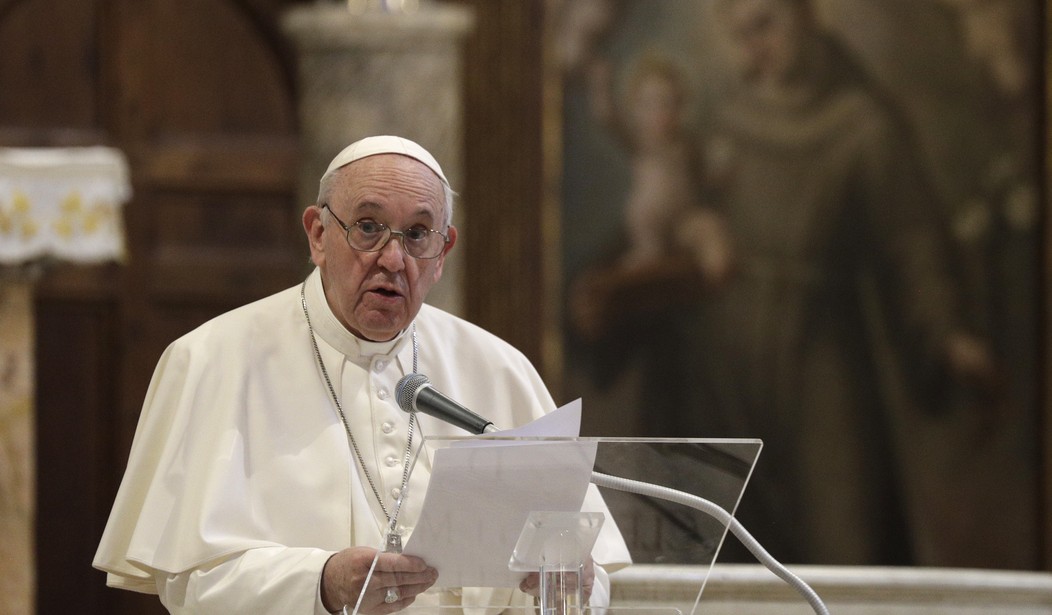
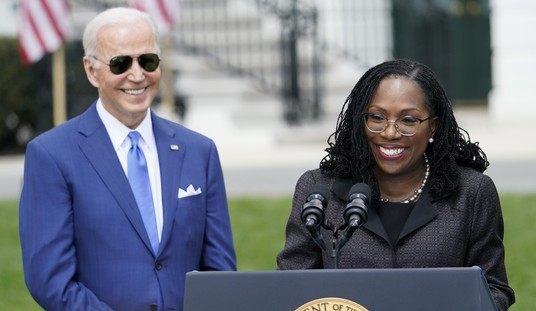

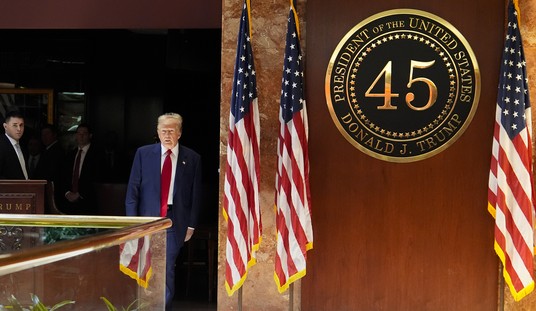
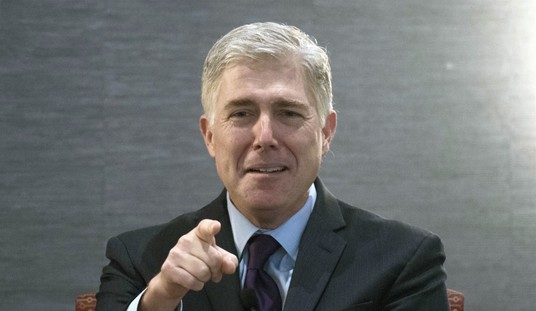
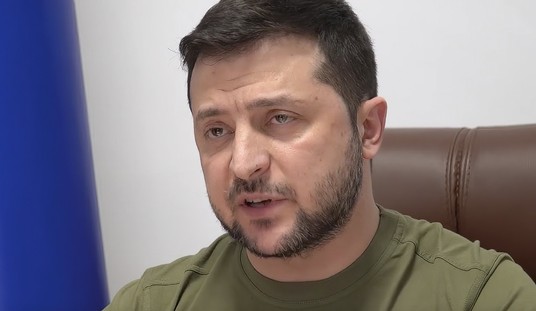


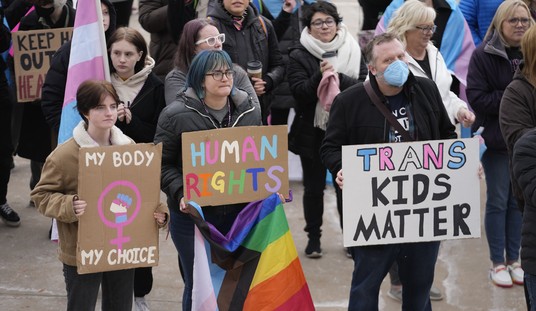


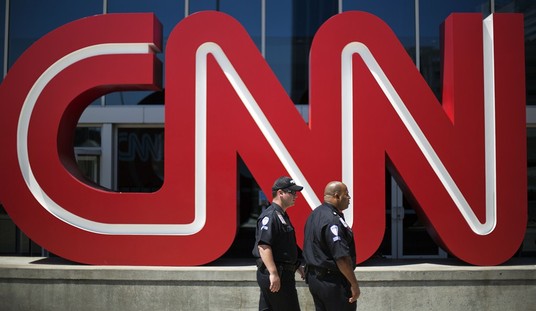
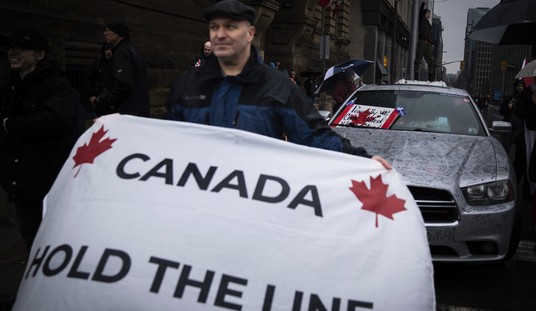
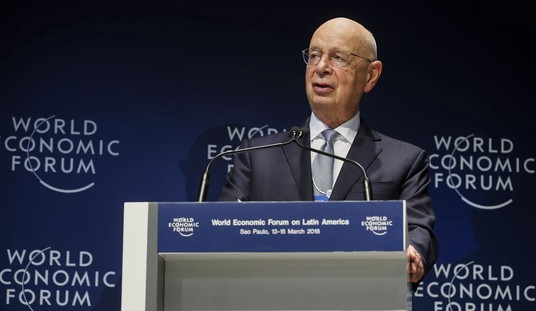
Join the conversation as a VIP Member